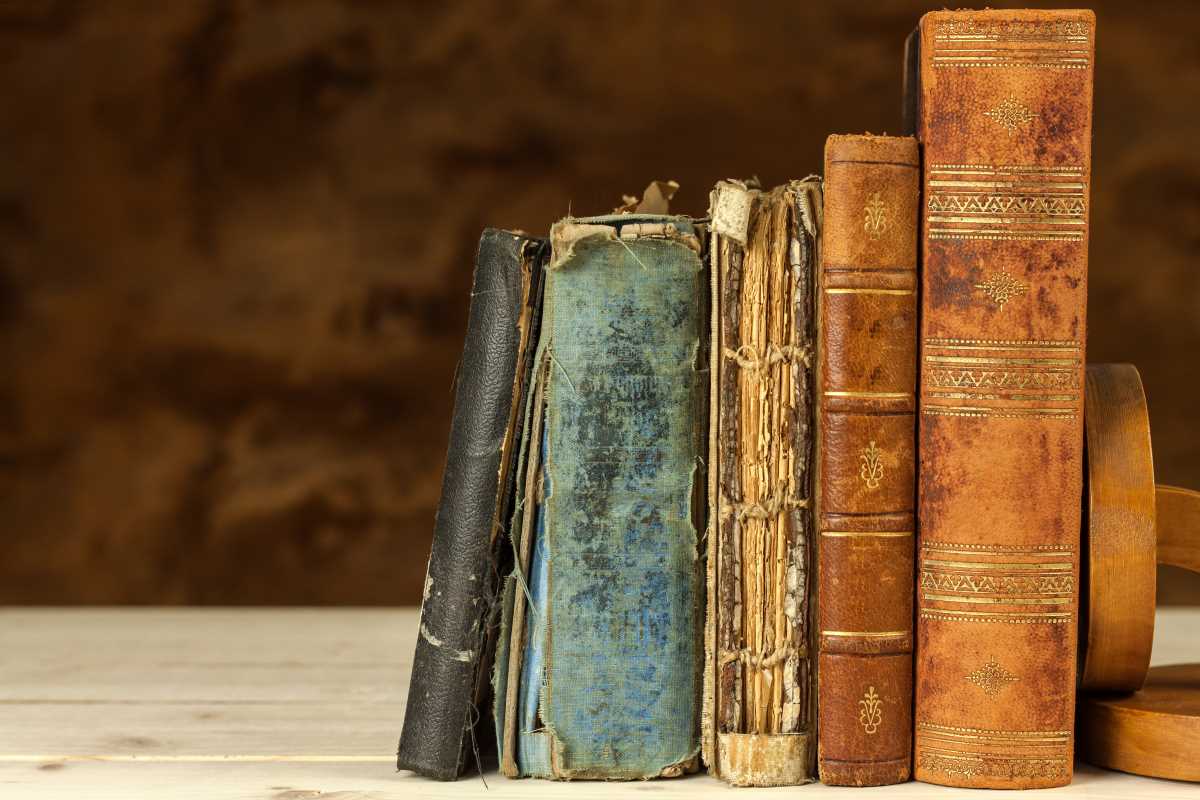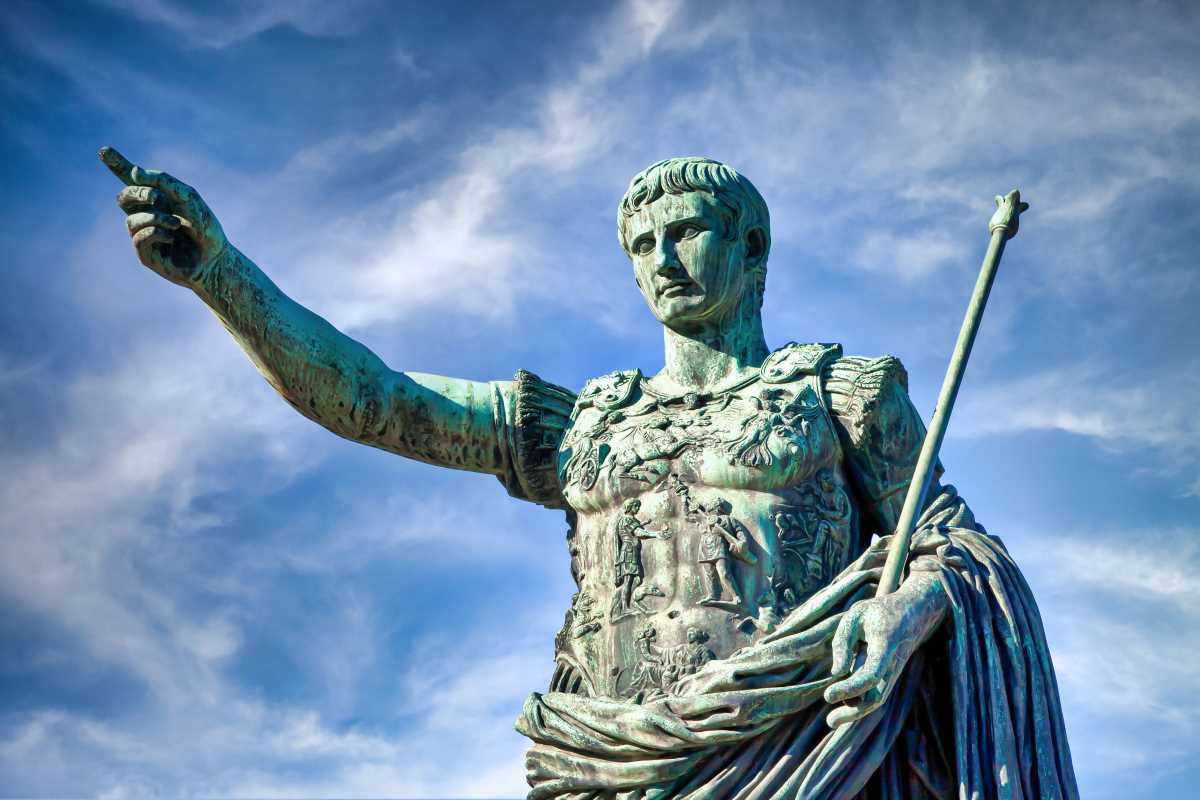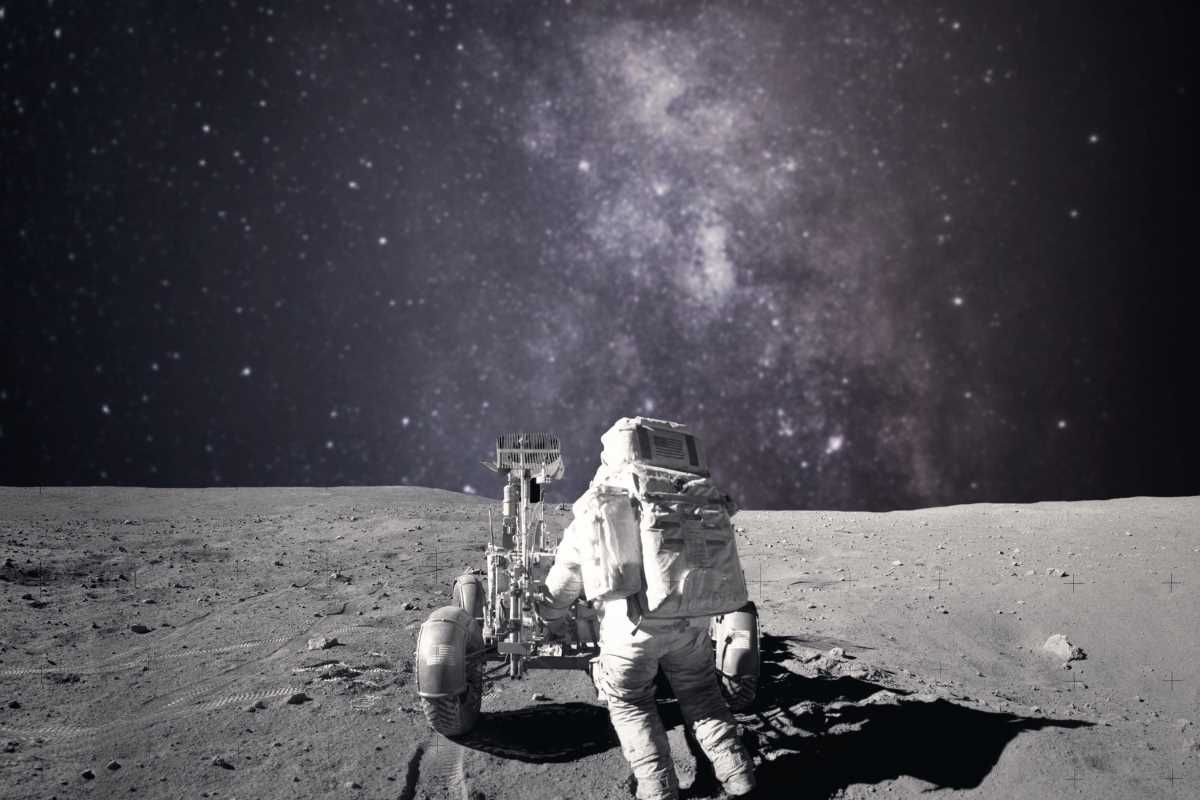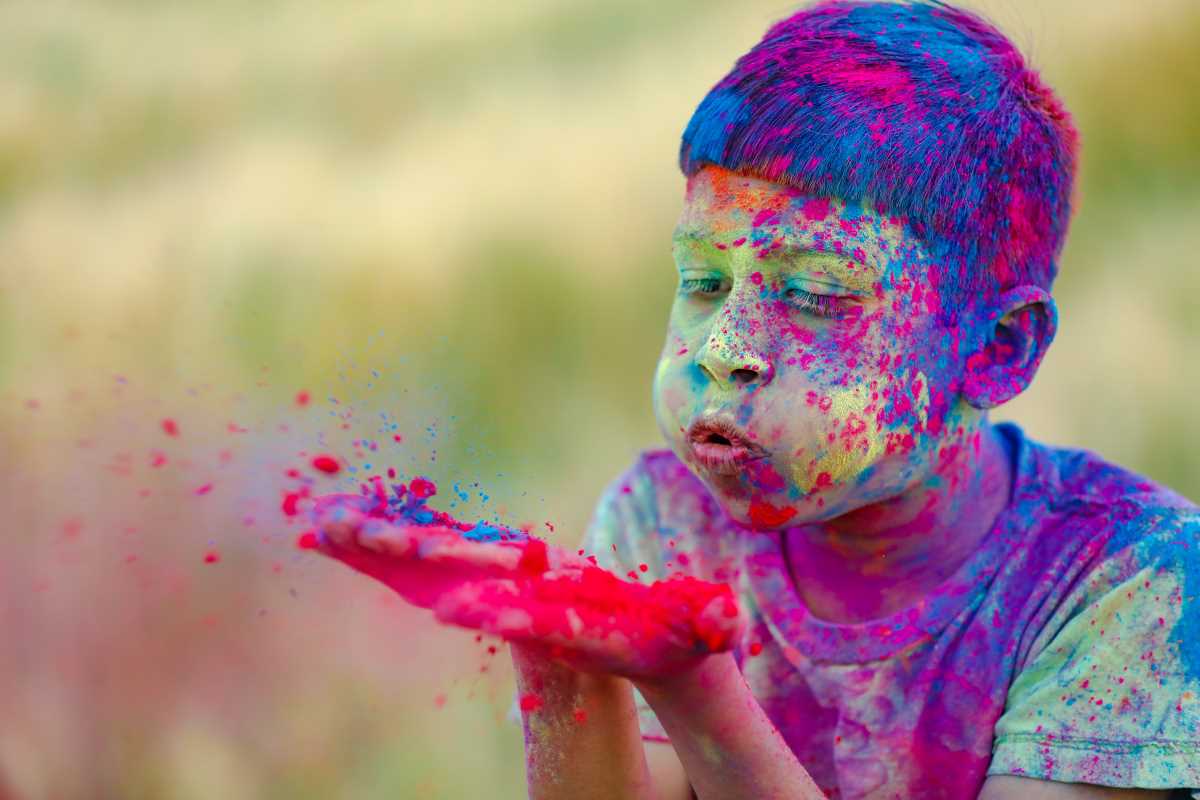Words can shape nations, ignite revolutions, and inspire generations. Throughout history, certain speeches have left an indelible mark on humanity. They’ve been rallying cries during dark times and blueprints for brighter futures. Behind each of these powerful speeches lies a story of courage, conviction, and the ability to recognize pivotal moments in history. For history buffs like you, understanding these speeches and their influence isn’t just about what was said, but how these words resonated deeply and brought about real change. Let's look at some of the most influential speeches that forever changed the world.
1. Abraham Lincoln’s Gettysburg Address (1863)
At just 272 words, Lincoln managed to deliver a speech for the ages. It was November 19, 1863, and the U.S. was in the midst of the Civil War. Lincoln spoke at the dedication of a cemetery for soldiers who had died at the Battle of Gettysburg. His words weren’t heavy or long-winded but powerful and meaningful.
Lincoln reminded everyone that the nation was founded on values of equality and that the fight to preserve the Union was essential to keeping those ideals alive. His promise that "government of the people, by the people, for the people, shall not perish from the earth" gave hope in one of America’s darkest moments and underscored the importance of democracy. The Gettysburg Address still resonates as a reminder of national unity and purpose.
2. Martin Luther King Jr.’s "I Have a Dream" (1963)
Fast forward a century, and America faced a new fight for equality. On August 28, 1963, during the March on Washington, Dr. Martin Luther King Jr. stood on the steps of the Lincoln Memorial and electrified the crowd.
What made this speech unforgettable was the vision King painted. His repetition of “I have a dream” imagined a world where we judged people by their character, not the color of their skin. Delivered during the Civil Rights Movement, his speech gave momentum to the fight for racial justice and equality in the U.S. It’s a moment etched into American history and taught widely as a symbol of hope and progress.
3. Winston Churchill’s "We Shall Fight on the Beaches" (1940)
When World War II erupted, the odds were stacked against Britain. Nazi Germany seemed unstoppable, and many feared Britain would be next to fall. Enter Winston Churchill. His speeches were a rallying cry, instilling courage when defeat seemed certain.
On June 4, 1940, after the evacuation at Dunkirk, Churchill delivered his fiery "We Shall Fight on the Beaches." With calm defiance, he promised they would fight in the fields, in the streets, and on the beaches if needed. The speech made people believe in their resilience and the possibility of triumph. Britain stood strong against all odds, and Churchill’s words symbolized that unbroken spirit.
4. John F. Kennedy’s Inaugural Address (1961)
When John F. Kennedy took the oath of office in 1961, the Cold War hung over the world like a dark cloud. His inaugural address was actually a message to the entire planet. He urged people everywhere to work toward freedom and progress, famously declaring, "Ask not what your country can do for you; ask what you can do for your country."
Kennedy’s speech resonated deeply with a new generation that wanted to be active participants in shaping the world. It captured the optimism and ambition of the 1960s and inspired countless individuals to focus on service and innovation. Kennedy's call for action influenced the space race, Peace Corps, and civil rights movement, which were all hallmarks of that era.
5. Nelson Mandela’s Address on His Release from Prison (1990)
After spending 27 years in prison for fighting apartheid in South Africa, Nelson Mandela walked free on February 11, 1990. People crowded the streets to catch a glimpse of him, unsure of what his next steps would be. His speech that day struck a delicate but powerful balance between forgiveness and resolve.
Mandela emphasized the need for unity over division, saying, "I stand here before you not as a prophet, but as a humble servant of you, the people." He reinforced his commitment to peace and equality, setting the tone for a future free from racial segregation. His words reassured both black and white South Africans that reconciliation, not revenge, was the way forward.
6. Franklin D. Roosevelt’s "The Only Thing We Have to Fear Is Fear Itself" (1933)
When Franklin D. Roosevelt was sworn in as president in 1933, the U.S. was in the grip of the Great Depression. Banks had failed, unemployment soared, and confidence was at an all-time low. People needed reassurance and a plan.
Roosevelt’s inaugural address tackled both. His famous line, "The only thing we have to fear is fear itself," worked like a pep talk for a struggling nation. Roosevelt didn't sugarcoat the hardship but encouraged Americans to face it head-on with courage, faith, and unity. His New Deal policies began soon after, reshaping the nation by rejuvenating its economy and restoring public morale.
7. Malala Yousafzai’s United Nations Speech (2013)
Sometimes the most profound words come from the youngest voices. At just 16 years old, Malala Yousafzai stood before the United Nations General Assembly and made a powerful plea for education equality.
Malala, who survived an assassination attempt by the Taliban for advocating girls' education, showed immense bravery and maturity in her words. She declared, "One child, one teacher, one book, one pen can change the world." Her speech was about more than education. It addressed the rights of women and children everywhere. Today, she remains a global symbol of courage and determination.
These were all moments where leaders connected with people during times of uncertainty, struggle, or change. They remind us that speeches are about delivering big ideas and making them count.







